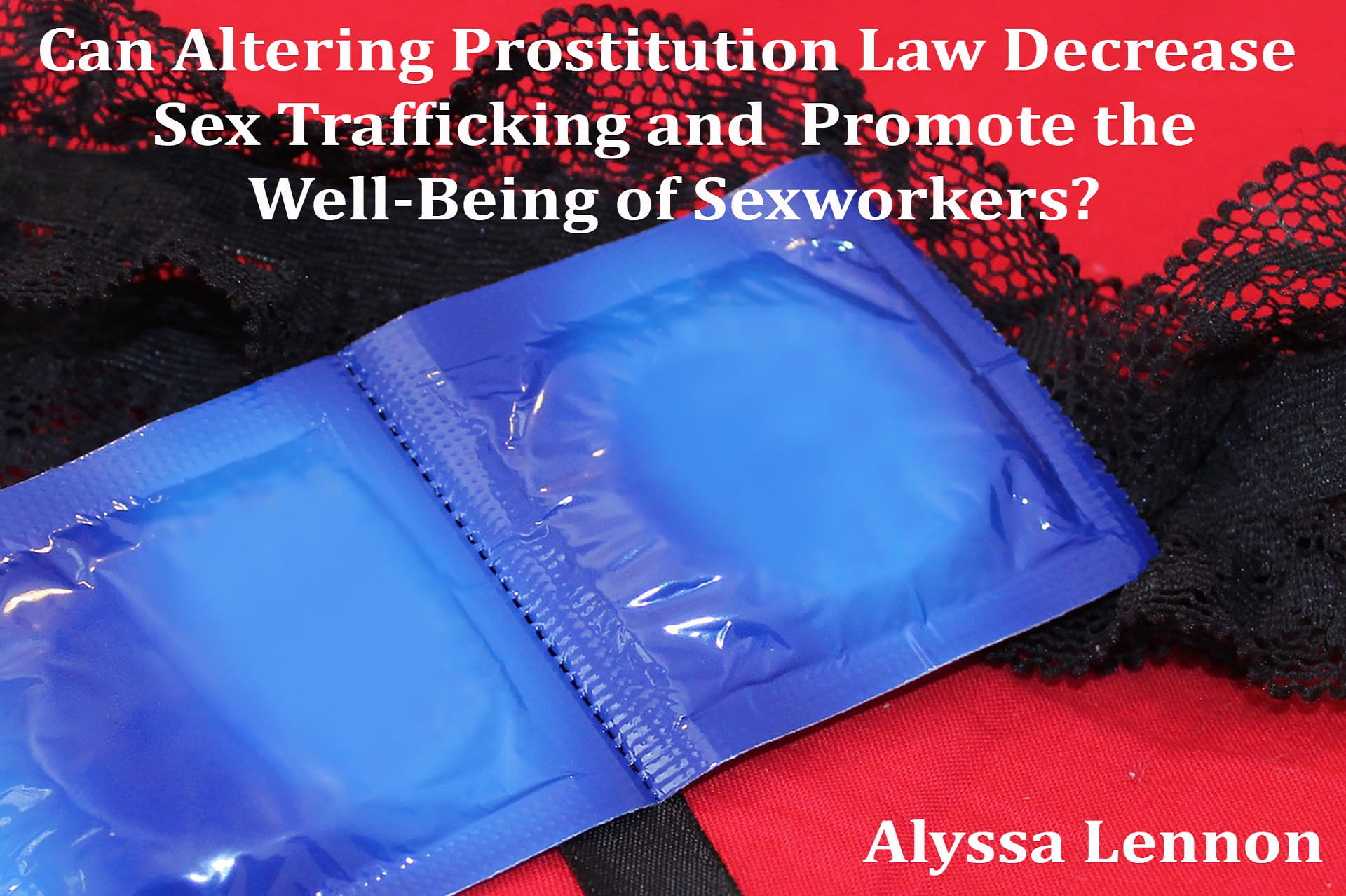VOLUME LIII – NUMBER 2
Alyssa Lennon
Abstract: Despite hundreds of thousands of individuals currently living in modern slavery within the United States, there are relatively few active human trafficking cases in the United States, and efforts to combat trafficking tend to overemphasize the trafficking of foreign nationals and focus too intensely on prosecution, and not prevention, efforts. In order to more effectively reduce sex trafficking within the United States, states should move away from the criminalization of sex work, which prevents victims from seeking assistance from or offering information to authorities. Rather than full decriminalization, which could lead to an inflation of demand for trafficking along with all commercial sex in general, states should instead explore regulatory policies regulatory policies which would protect the rights of sex workers and reduce the stigma surrounding sex work, while also actively working against an increase in the incidence of trafficking. However, in order for this to be a viable policy option for decisionmakers, there needs to be a shift in the American public away from examining prostitution as a “morality policy,” either through an acknowledgment that commercial sex is not an inherently immoral act or that personal moral bounds should not dictate law. Overall, this paper seeks to demonstrate the failure of the United States’ current actions against sex trafficking and highlight how prostitution policy can be altered to combat this issue.
Keywords: sex trafficking, sex workers, prostitution, morality policy, human rights
About the Author: Alyssa Lennon has a B.A. in International Studies from Towson University. She is currently a Master of Public Policy student at the University of Maryland School of Public Policy.




You must be logged in to post a comment.